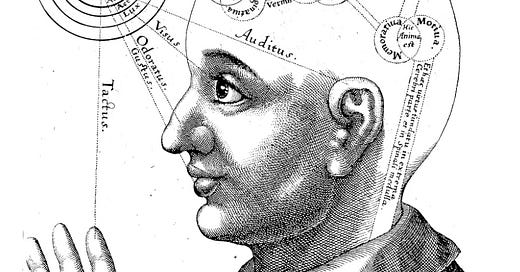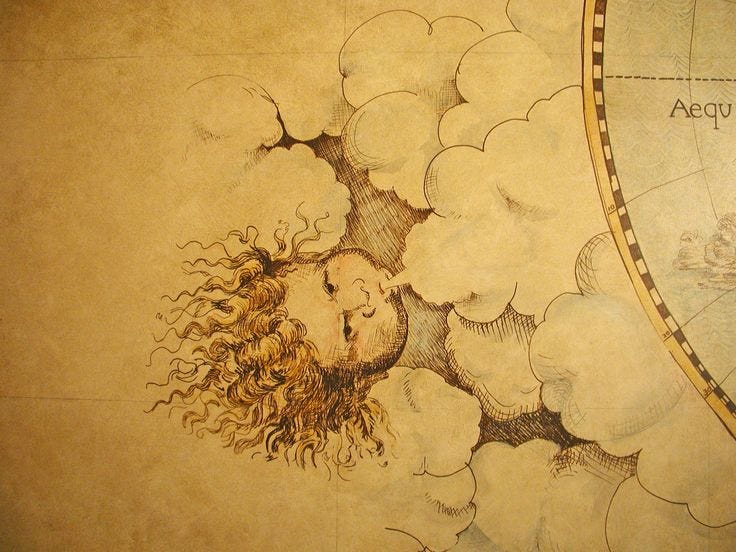The Hard Problem of Consciousness is Not Like Other Unsolved Scientific Questions
Consciousness cannot be material
I believe that people have souls, and one of the reasons is that I think it is impossible for matter to be conscious. Since we are conscious, we must be more than mere matter.
I have been accused of “God of the gaps” reasoning. Some atheists think “Sure, the hard problem of consciousness is very hard and we don’t yet understand how neuron firings in the brain could constitute conscious experience, but there have been many other difficult questions which science has solved. Maybe we will soon figure out the hard problem of consciousness as well.”
However, the hard problem of consciousness is different in kind from other unsolved scientific questions. Suppose that you were a peasant in the year 1000 AD. One day you and some other peasants are wondering what causes the wind. One person thinks that there is a gigantic cherubim which blows from its mouth, and that is what causes the wind.
Another person believes that there is a gigantic bird in a faraway land, and when this bird flaps its wings, it causes the wind. A third person believes that hot air is lighter than cold air, and that the motion of different patches of air causes the wind.
In this case, the cause of the wind is an unsolved scientific question, but you have three possible hypotheses, and the job of science is to choose between different hypotheses by finding evidence that strengthens one over the others.
Problems in every domain of science were the same way. It turns out that the Gravitational Constant is 6.674×10^−11, but before anyone investigated it would have been conceivable that it might have turned out to be 5.01×10^-10 or 7.37×10^-12, or many other numbers.
The hard problem of consciousness is different because there are no possible hypotheses at all for how the physical activity of a brain could result in your conscious experience, so there is no way for scientific evidence to strengthen one hypothesis over another. We do not think that scientific discovery will ever reveal that there can somehow really be a square circle - we believe that square circles are inconceivable, i.e. logically impossible. There is no candidate theory for how circles might be square which stands to be strengthened by new evidence. Similarly the hard problem of consciousness is not really a scientific problem at all. Scientific discovery will never reveal that matter can somehow be conscious because conscious matter is inconceivable, i.e. logically impossible.
Here’s the argument again:
P1. New scientific evidence is relevant to an unsolved question if and only if that unsolved question involves choosing between several different logically consistent hypotheses.
P2. There are no logically consistent hypotheses which could answer the hard problem of consciousness.
C. New scientific evidence is not relevant to the hard problem of consciousness.






“Conscious matter” may be impossible, but conscious organism doesn’t seem to be. I’m inclined to think that Descartes banishing formal and final causality from nature has something to do with this. When even animals are seen as machines, it’s not only consciousness, but life itself that seems like a logical impossibility.
This looks like begging the question to me. You're claiming consciousness is not like other scientific problems by claiming it is logically impossible for consciousness to be like other scientific problems.
There is another possibility you didn't mention here, which is that you're using the word "consciousness" too imprecisely. That is what makes it seem so impossible that it could be reduced to physics. When we reify consciousness into a "thing", we're in trouble, and start getting things like the hard problem of consciousness and the zombie argument, etc. I'd argue that you're on the right track when you understand that philosophical zombies aren't just impossible but are also not conceivable (despite what some people think).
This is a similar case to the concept of life — elan vital was popular before we discovered DNA and the mechanisms of biology. Panpsychism is just elan vital but for consciousness.